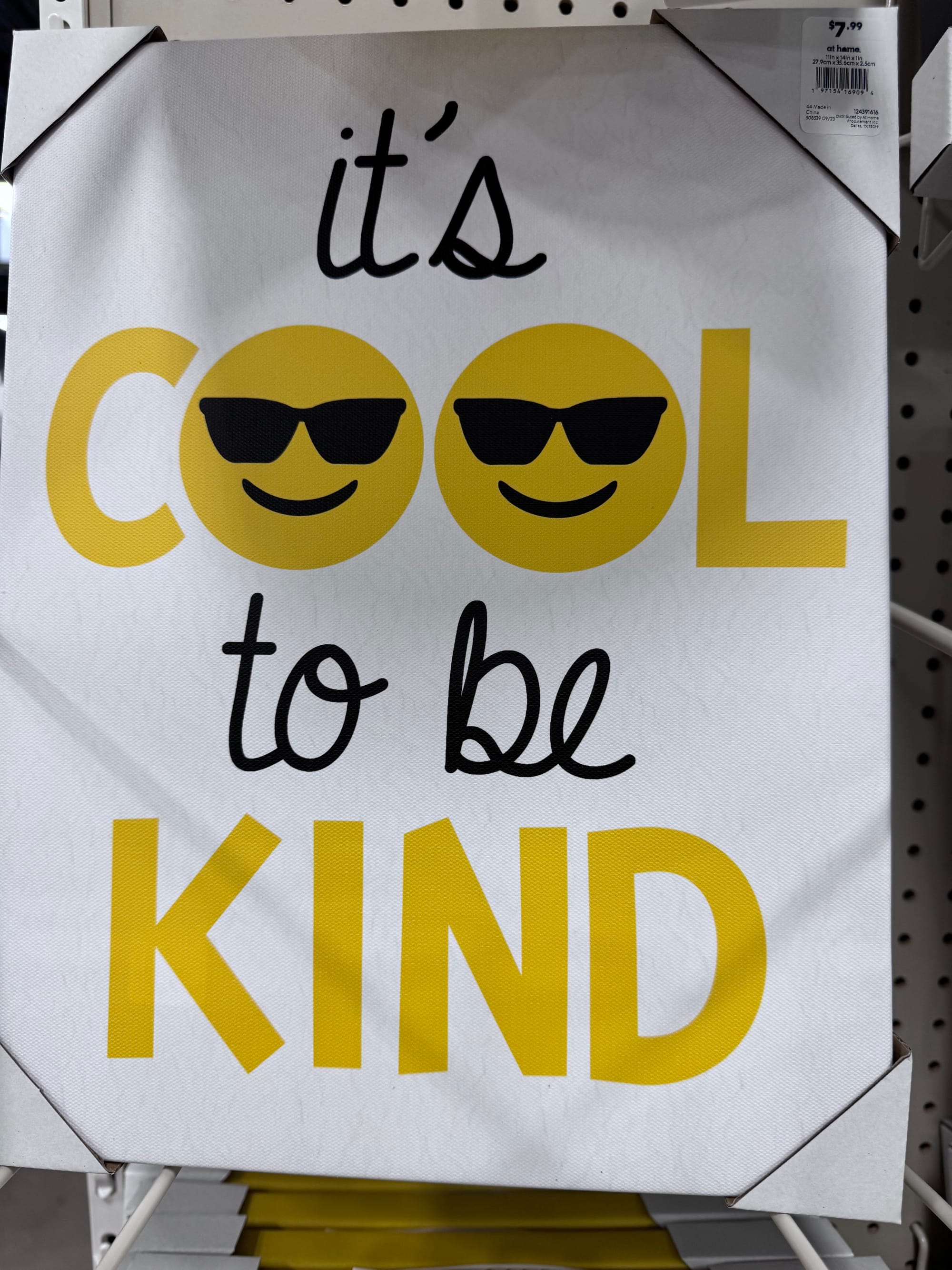Kindness

The Power of Kindness: A Ripple Effect That Transforms Lives
Kindness stands out as a powerful force for good in a world that often feels fast-paced and self-centered. It's a simple yet profound virtue that has the ability to change lives, build communities, and create a ripple effect that extends far beyond the initial act. I see this every day when I practice Kindness to others. But what exactly makes Kindness so impactful, and how can we incorporate more of it into our daily lives?
The Science Behind Kindness
Studies show that acts of Kindness benefit both the recipient and the giver. When we act kind, our brains release feel-good hormones like oxytocin, serotonin, and dopamine, often called the "helper's high." This physiological response can reduce stress, boost our mood, and even enhance our immune system. Kindness is as good for our bodies as it is for our souls.
But the impact of Kindness doesn't stop there. When we witness an act of Kindness, it triggers a similar release of these positive hormones, encouraging us to act kindly in turn. This chain reaction, known as the "ripple effect," demonstrates how one small act can influence countless others, spreading positivity through communities and beyond.
Kindness in Everyday Life
Incorporating Kindness into our daily routine doesn't require grand gestures. Often, the small, seemingly insignificant acts make the biggest difference. Holding the door for someone, offering a genuine compliment, or simply listening to a friend in need are moments where Kindness thrives.
One of the most beautiful aspects of Kindness is that it's universal. It transcends language, culture, and age. Whether helping a neighbor carry groceries, donating to a charity, or offering a smile to a stranger, everyone understands and appreciates the act of Kindness.
Overcoming Barriers to Kindness
Despite its many benefits, Kindness isn't always easy. Cynicism can sometimes overshadow our best intentions. Fear of rejection, embarrassment, or being taken advantage of can prevent us from reaching out to others. However, overcoming these barriers is essential to living a fulfilling life.
The key is to practice empathy. We can better understand their needs and struggles by putting ourselves in others' shoes. Empathy allows us to act from a place of compassion rather than obligation, making our Kindness more genuine and impactful.
The Long-Term Impact of Kindness
Kindness has a cumulative effect. When we consistently choose to be kind, we build a reputation of trustworthiness and reliability. This, in turn, fosters deeper relationships and a stronger sense of community. Kindness can lead to increased collaboration, higher morale, and better overall performance in workplaces. In schools, it can create a safe environment where students feel valued and supported.
On a larger scale, Kindness can influence social change. History is filled with examples of movements driven by compassionate leaders who used Kindness as a tool to fight injustice and inequality. Their actions remind us that Kindness is not a weakness but a powerful resistance against negativity and oppression.
A Call to Action
So, how can we cultivate more Kindness in our lives? It starts with mindfulness. Pay attention to the opportunities for Kindness that present themselves each day. Whether it's a colleague who seems stressed, a friend going through a tough time, or a stranger needing a helping hand, take a moment to offer your Kindness.
Remember, no act of Kindness is too small. The ripple effect of your actions could reach farther than you ever imagined. Let's choose to connect through Kindness in a world that can often feel disconnected. It's a choice that enriches the lives of others and our own.
By embracing Kindness, we can create a world where compassion and understanding prevail—a world where every act, no matter how small, contributes to the greater good. Let's make Kindness the norm and watch as the ripples spread far and wide, transforming our communities, societies, and world.
Be kind to each other.
Kindness is a practice that can start with just one person—you. What act of Kindness will you commit to today?
